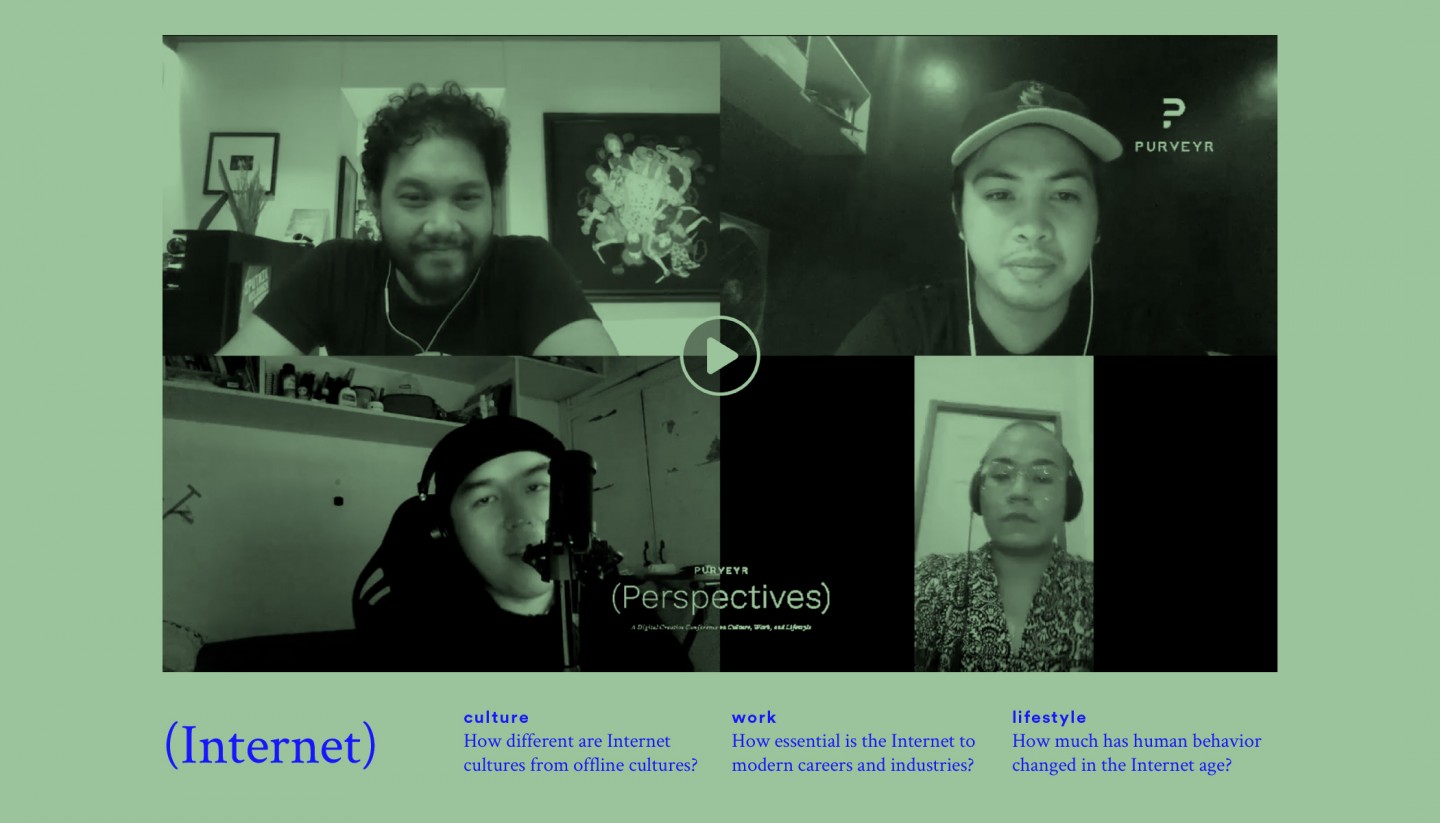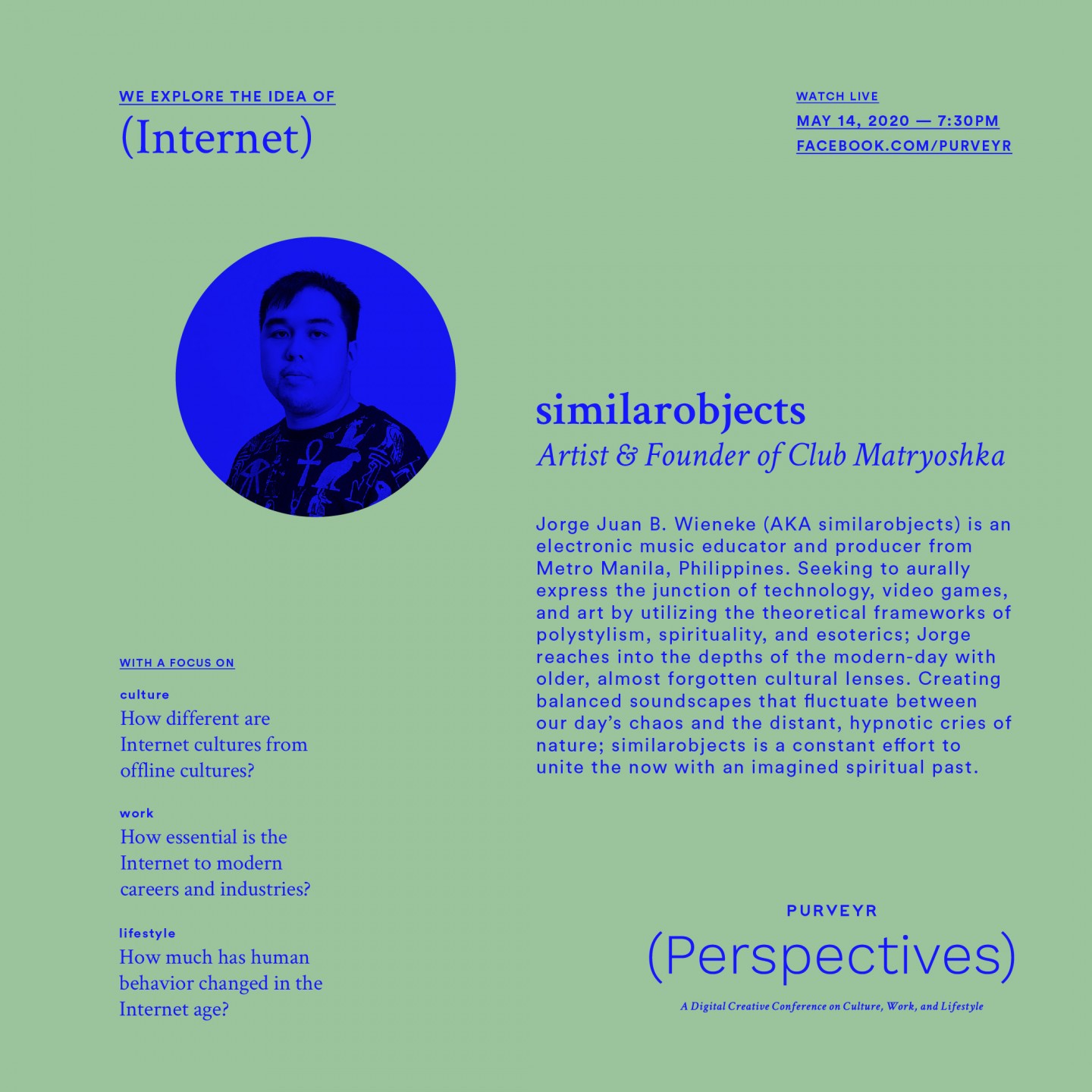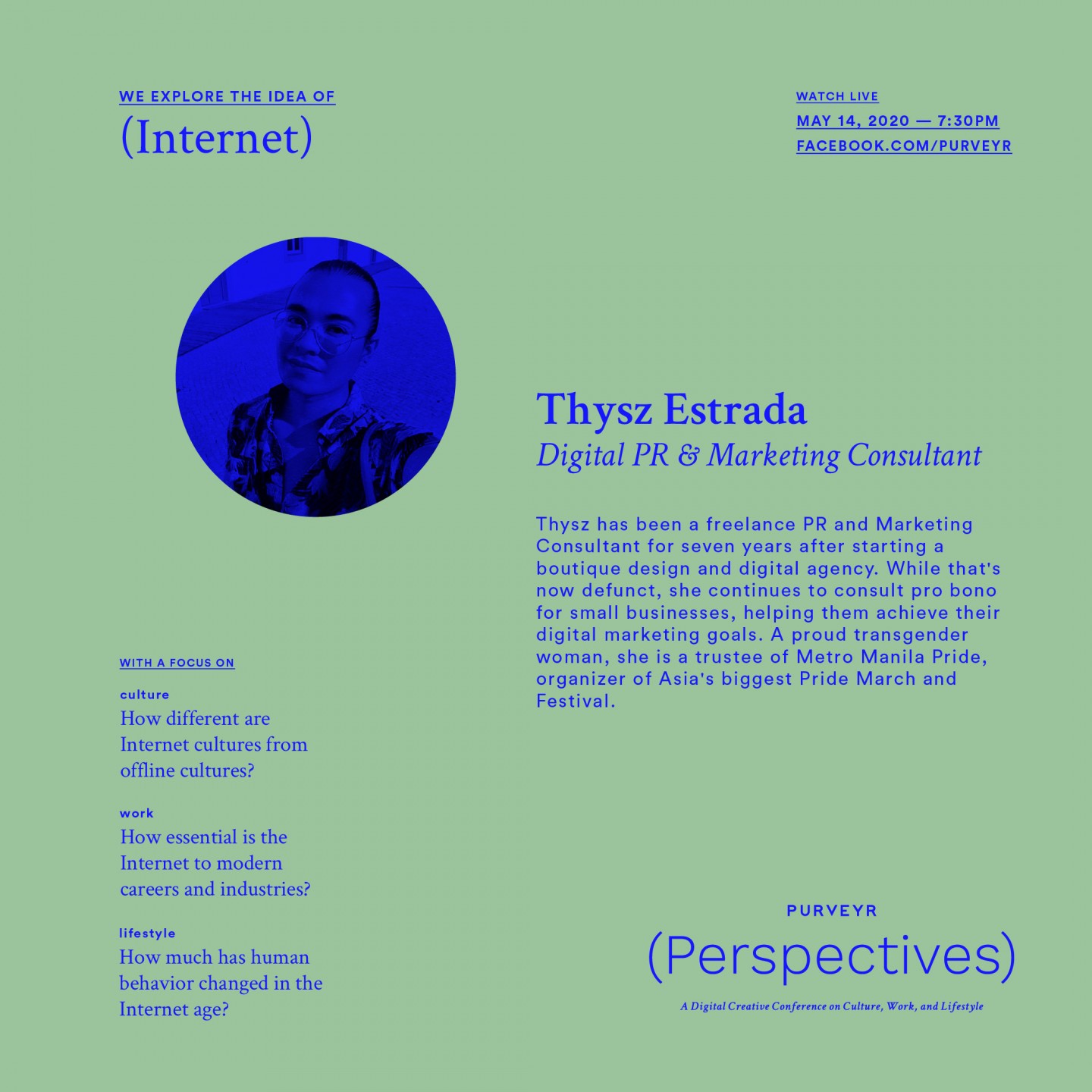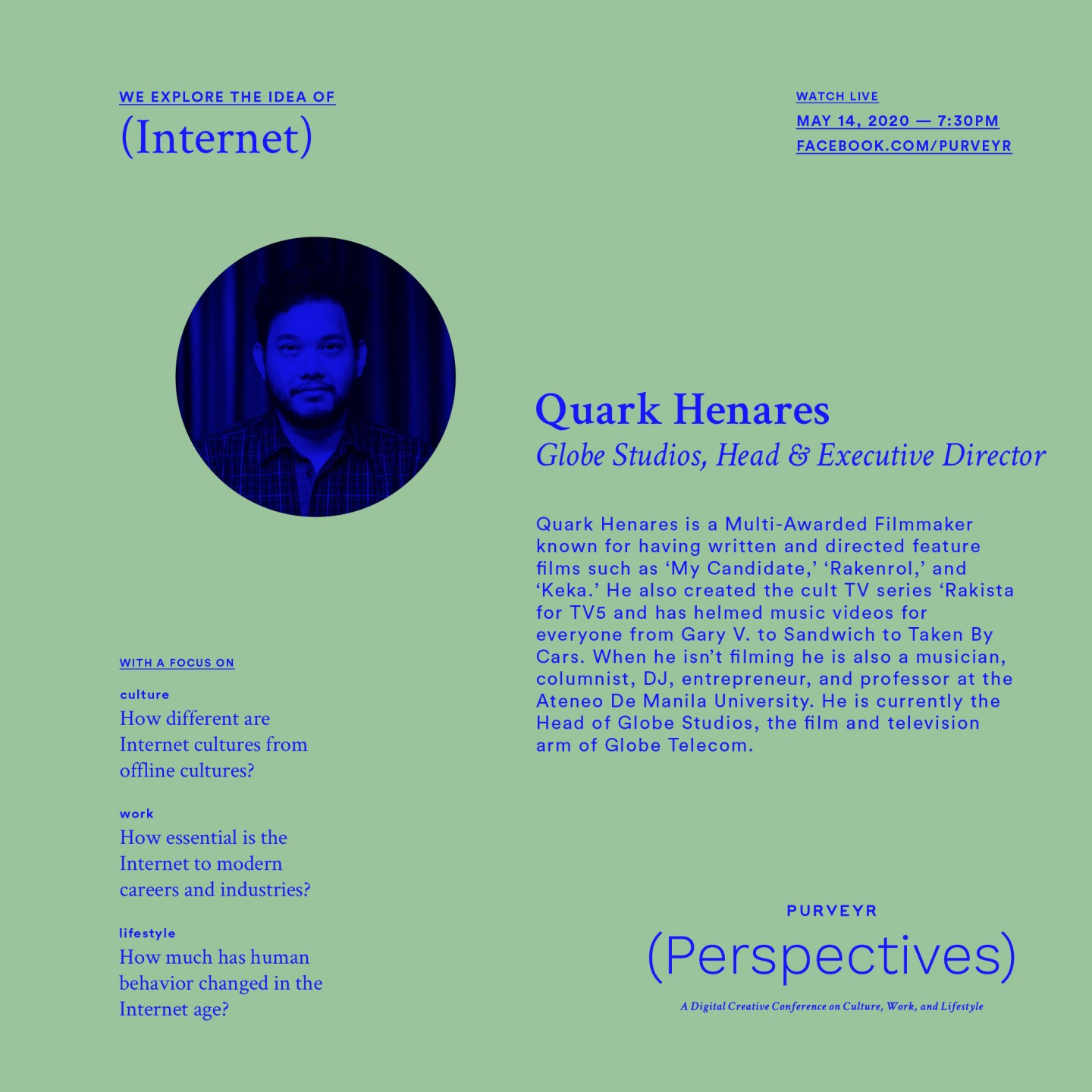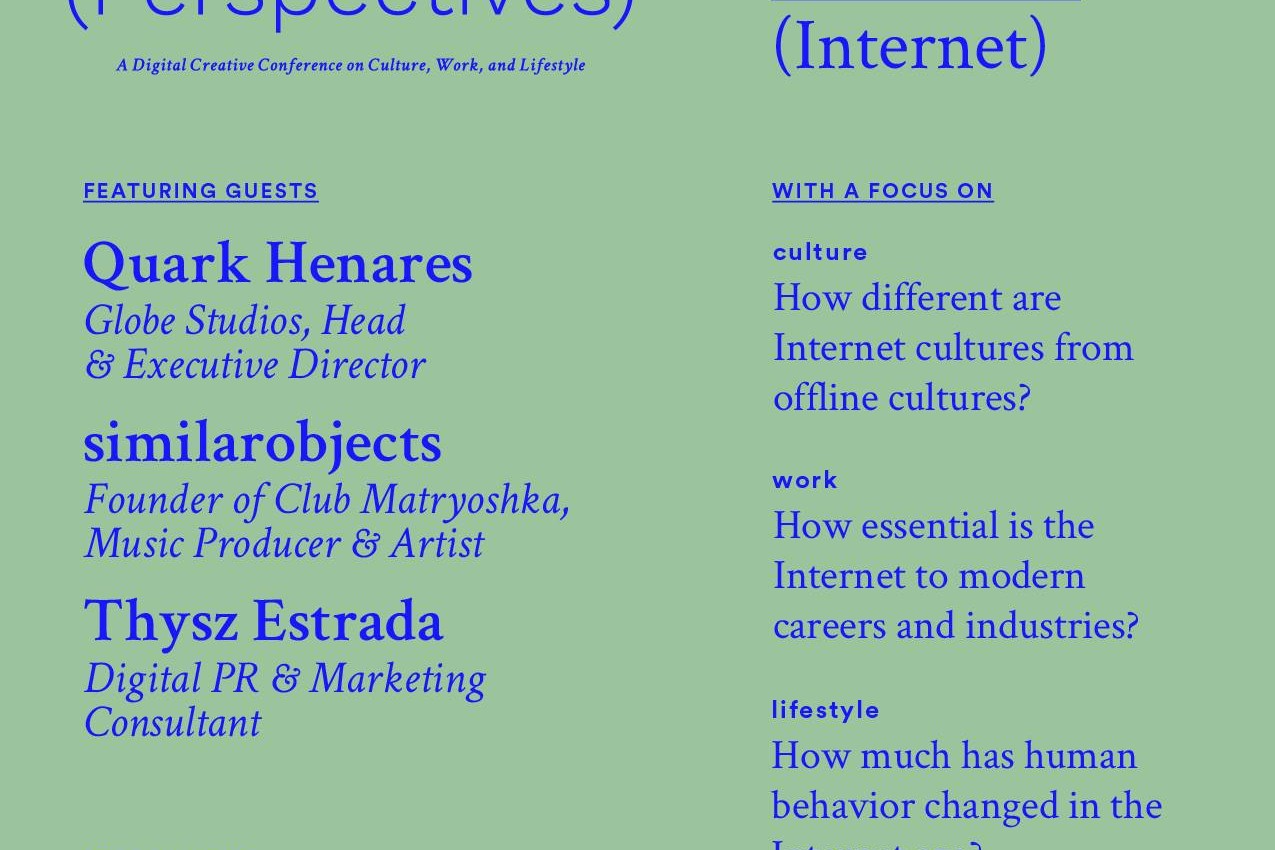When ARPANET, the precursor to the Internet, first came into existence, nobody imagined how important it would be decades later. In fact, not many people were interested in it. How a network with an indifferent user base became the most ubiquitous force in the world is still one of the greatest successes in modern history. As the whole world spends its time in quarantine, the Internet has turned from an essential part of living to a mandatory lifeline for economies sunk by the pandemic.
But economic merits isn’t the only hold it has. At a time where face-to-face interaction is regulated, the recent health crisis compelled us to re-evaluate the way we do things. From the shift to a work-from-home setup, to a surge in video calls, it’s the perfect time to take a closer look at what constituted “normal” prior to quarantine. More than this, however, it’s also brought into perspective how much of a hold the Internet has on our lives — and what consequences this has in response.
It’s apt that the Internet is the subject of PURVEYR’s second Perspectives — an online discussion with creatives of varying expertise on certain ideas moderated by our very own, Marvin Conanan. For the second iteration, guests included Jorge Wieneke V aka similarobjects, Quark Henares, and Thysz Estrada. Each has dealt extensively with the Internet in their line of work, be it Wieneke’s discography, Henares’ work with Globe Studios, and Estrada’s work in digital PR and Marketing.
Perspectives structures its discussion to cover PURVEYR’s three pillars: Culture, Work, and Lifestyle. The panel discussion started off by identifying the differences between Internet and offline culture. For Wieneke, Internet culture refers to cultures that emerged due to the Internet. Because of this, there exists a marked distinction between how one behaves inside and outside the online sphere — the IRL vs URL distinction. Henares, for instance, notes how Filipinos are perceived online is different offline, thanks to the country’s troll farms.
The question of identity, authenticity, and influencers then came into play as the panel discussed which Internet cultures they identified with. These cultures often spring from shared interests, which are often amplified online. But the experience is different — Estrada notes that the Internet affords the liberation to become someone else, unlike the outside world. Even as one strives to be authentically themselves in both spheres (as with the case of interests), there’s always parts of one’s self that is left out, only discovered by one’s close circle.
The discussion of authenticity then delved into influencer culture and its death during the lockdown, which springs from its inauthenticity. Estrada notes that while the end of the “influencer” is possible, she notes that it has the potential to mature, as long as they become more sensitive and are receptive to feedback. She, however, notes that the influence of one’s immediate community is more pertinent during these times, especially because of the limited social interaction.
Wieneke adds that the lockdown has become an opportunity for people to assess what’s important in their lives. Henares notes that people have found ways to work around the distance to interact with friends and loved ones, citing the “e-numan” phenomenon where people come together to drink via video call. Estrada also noted that the crisis also created an overhaul of structures, citing how companies have shifted to a work-from-home setup in a matter of days.
From there, the conversation shifted Internet in relation to work, as the discussion zeroed in on how essential the Internet has become to modern careers and industries. Estrada emphasized how the Internet is the only way most industries are able to do the work. What is needed, she states, is how we can utilize the Internet more efficiently and creatively.
Wieneke mentioned how “the new normal” has shifted our paradigm towards redefining the way we used to do things. Online channels that weren’t seen as valid ways to sustain income have become validated as more industries are thinking of different ways to exist. Henares then noted that it’s also made work much more efficient, as it’s eliminated the typical non-essentials. This ties into how the health crisis made people reassess what was important — filler meetings and work commutes, for instance, were now a thing of the past.
The panel then talked about how the Internet can help businesses rise in a post-pandemic world, noting applications like Discord and how people eventually figure out ways as they go along. They also discussed the important of content to businesses, how creative industries can overcome the challenges of a pandemic world, the importance of the third industrial revolution, and how careers would drastically change without the Internet.
Moving into the final pillar, the Internet in relation to lifestyle, the discussion went to how the Internet has changed each and every one. Wieneke and Estrada talked about how the Internet introduced them to a world that was bigger than their geographical confines, and how it has shaped them. Estrada notes, however, that this is not the case with the younger generations, as they are “digital natives” — those who never lived a life without the Internet. She then notes that this might be because of how the internet itself has evolved — that we were able to design its user experience to become instinctive, that even babies would know how to use them. The discussion then pivots towards the dark side of a connected world and the crazy behaviors that would arise because of the Internet, such as surveillance and the loss of humanity.
In the end, however, the Internet is merely a platform. And like all technologies, it adjusts to the climate of the time. The difference, then, is in how it is used — and knowing how crucial this innovation is in our lives, we can only hope that it is for the good.

